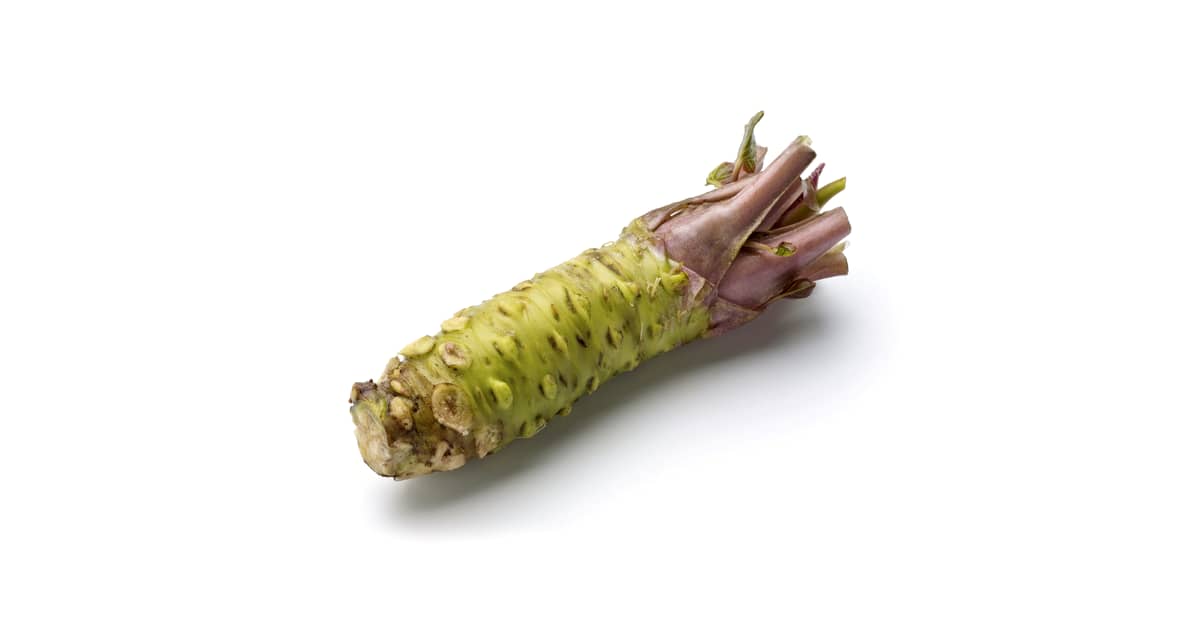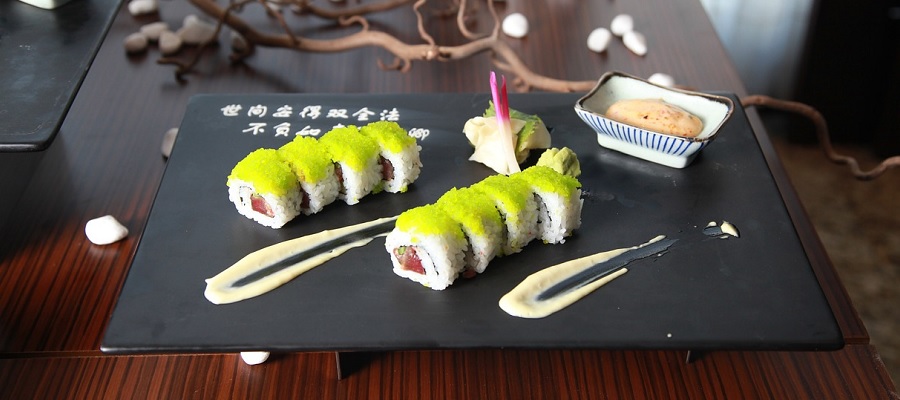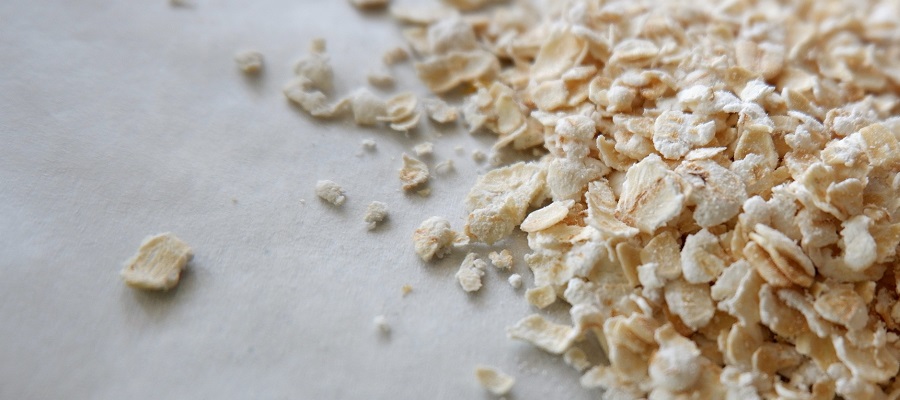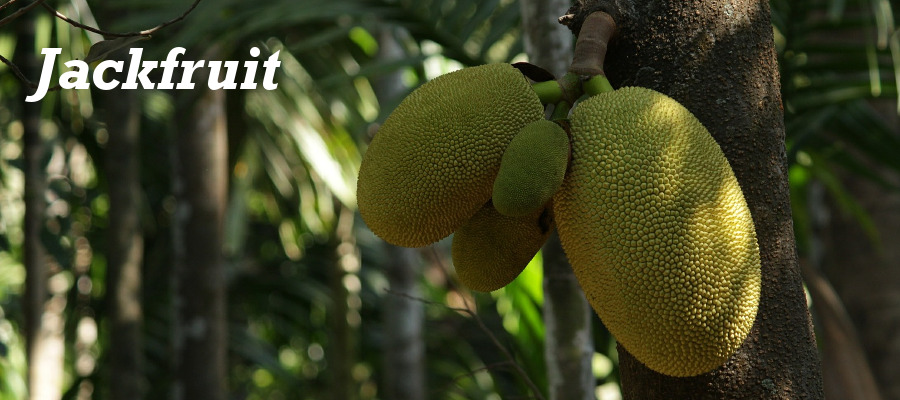Everyone who likes to eat sushi also knows wasabi. Finally, the green wasabi paste is usually served along with the delicious sushi snacks. Be careful when tasting the Japanese spice, because wasabi is very spicy. Compared to other savory treats, which cause a sharp taste sensation in the mouth and especially on the tongue, the sharpness of Wasabi on the nose and burns in the throat. In this way, the spice is similar to horseradish, which is why wasabi is also called "Japanese horseradish" or "water horseradish". From a botanical point of view, however, wasabi is only distantly related to horseradish. 
The "Green Horseradish"
Wasabi plays a crucial role in the production of typical Japanese dishes: For example, without wasabi, the consumption of sushi or sashimi is unimaginable. However, fresh wasabi is hard to come by outside of Japan. That is why wasabi is usually offered in Europe as paste from the tube or as a powder that has to be mixed with water. Since the mustard oils oxidize in the air and thereby lose their sharp note, the tube must be closed again immediately after consumption. When buying wasabi, however, it should be noted that many of the wasabi pastes offered in Germany are actually made from white horseradish, as it is much cheaper to buy. With the help of artificial dyes, the green wasabi paste is then conjured up from the white horseradish. Through this procedure Wasabi got his nickname "green horseradish".

Ingredients of wasabi
Wasabi, also known as Eutrema japonica, comes from the family of the cross flower family. In Japan, the rhizome, that is the rhizome of the plant, is used as a spice. By rubbing the rootstock on a wooden board, which is covered with sharkskin, creates the green paste, Wasabi traditionally not only tastes sharp, but also has a slightly sweet note. Similar to horseradish and mustard, wasabi's spiciness is due to mustard oils contained in the rootstock. Wasabi contains the two mustard oils glucocochlearin and sinigrin. Sinigrin is also included in mustard and horseradish. In contrast to the horseradish, the sharpness of wasabi evaporates faster: Wasabi loses sharply after half an hour. This is done by oxidation of mustard oils.
The effect of wasabi
The consumption of wasabi can have a positive effect on our digestion, as wasabi promotes digestion and stabilizes it. In addition, the spicy mustard oils inhibit the growth of harmful bacteria in the body and also kill bacteria. That's why mustard oils are also called "herbal antibiotics". In addition to bacteria, the mustard oils can also combat pathogens such as viruses, fungi and yeasts. Mustard oils have been found to be particularly effective in upper respiratory tract and urinary tract infections. In addition, wasabi should also have a positive effect on our immune system: The sharp paste should stimulate our immune system and increase the number of immune cells. In addition, wasabi should help to detoxify the liver. So Wasabi is also said to have a detoxifying effect. Like other hot spices, you should only enjoy wasabi in moderation, because spicy food can also have a negative impact on our health. Especially people who suffer from stomach problems should be careful: too hot food can cause heartburn, stomach ache and diarrhea.


